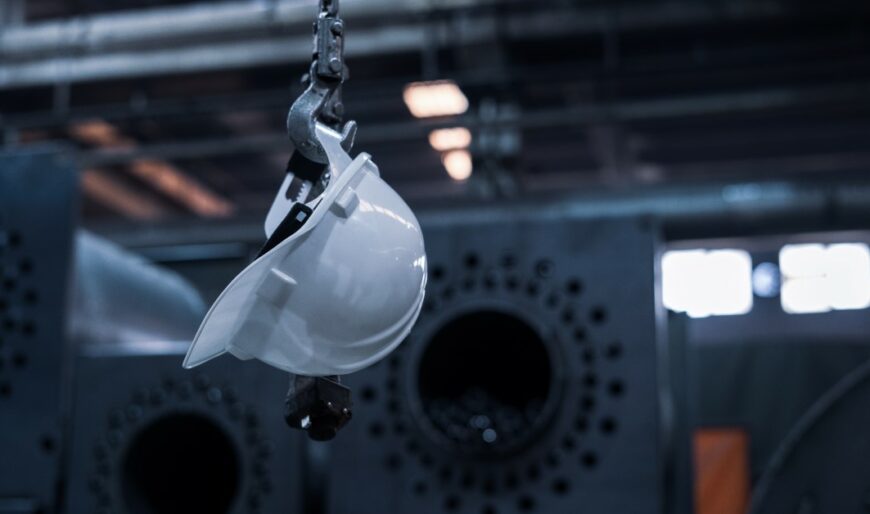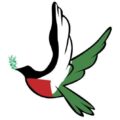Palestinian workers strike against dangerous factory conditions
Palestinian chemical factory workers are striking for equal rights to Israeli workers.

The Yamit Sinoun factory produces water filtration systems that are exported all over the world. The work is dangerous and dirty, so dirty in fact that it was moved from its original location because the local Israeli population complained about its poisonous fumes. It now sits on the outskirts of the Palestinian town of Tulkarem in the West Bank.
The factory is situated in Nitzanei Shalom, one of many industrial zones in the West Bank occupied by Israeli settlements. In Tulkarem, it is land that was once used for healthy agriculture and belonged to the local communities. It now houses 12 Israeli chemical factories.
People here are used to a life under occupation. In 1994, it was one of the first towns to be cut off by the wall that now snakes around 700km of the West Bank. Communities were divided, livelihoods destroyed and life became even more difficult, like living in a giant open-air prison. Half the population of Tulkarem now lives partially or totally isolated from their land and basic services by the wall. As a result, many Palestinians are forced to endure military checkpoints, expensive work visas and harassment just to find employment on the other side of the wall each day. The other alternative is to accept work in the very settlement factories that have destroyed their own town and agriculture.
Factories in Nitzanei Shalom, ironically named ‘Buds of Peace’, as with other settlements, ignore basic standards of health and safety and have relied on high levels of unemployment in Palestine to keep work insecure. The men working there are exposed to high levels of chemicals, are not provided with safety equipment and are expected to work alone even on dangerous jobs, such as sand blasting in enclosed spaces. Tulkarem has the highest cancer rate in Palestine. The area has also been the site of various accidents and explosions. Here is a video from inside the factory.
The disregard for the workers is not a secret. The Israeli employers have made public statements about Israel being for ‘the people of Israel’. CEO, Ofer Talmi, sent a letter to the striking workers under the heading ‘everything is genetics and education’, where he told them he would not ‘allow a Palestinian worker to get attached to the state of Israel in any way’. The apartheid system allows employers to impose old Jordanian law on Palestinians – laws that don’t require employers to provide pensions or sick pay and barely provide any paid time off or redundancy provisions. This is in comparison with the relatively progressive Israeli labour laws for which we hear much praise, especially around (ironically) anti-discrimination legislation.
The men working there are exposed to high levels of chemicals, are not provided with safety equipment and are expected to work alone even on dangerous jobs, such as sand blasting in enclosed spaces. Tulkarem has the highest cancer rate in Palestine. The area has also been the site of various accidents and explosions.
The strike began when workers were told to sign a new contract that would take away what little rights they had. If they refused they would be sacked. Khalil Shehab is one of the striking workers, a member of the workers’ committee leading the strike and has been working in the factory since 1995:
“Although this is not the first strike of its kind, the arrogant Israeli employer has been refusing to give us the same rights Israeli workers enjoy. We are carrying out this strike because we want to be treated as humans rather than as chattel slaves with no rights. Our demands are simple and basic. We need protection at the dangerous workplace, especially amid the spread of the COVID-19 pandemic, paid sick leave and holidays like Israeli workers, higher wages and a pension fund that ensures that our money is kept for us until we retire. In 2016, the company forced us to sign an agreement that has frozen the contribution of more money to our pension fund; we realized afterwards that the company has spent half of our frozen pension money.”
The strikers are supported by the Palestinian New Federation of Trade Unions (New Unions), an active organisation with a membership of around 10,000. They are a constant presence at the workers’ checkpoints where they meet workers to give advice, encourage organising and offer general support. New Unions has been organising in the factories of Nitzanei Shalom since 2010.
The workers have held firm since 01 January and have seen off employers’ attempts to replace them with strike-breakers. Now they are asking for international support, through actions listed on their website.









Employment Rights Bill: Yet another missed opportunity for workers’ rights